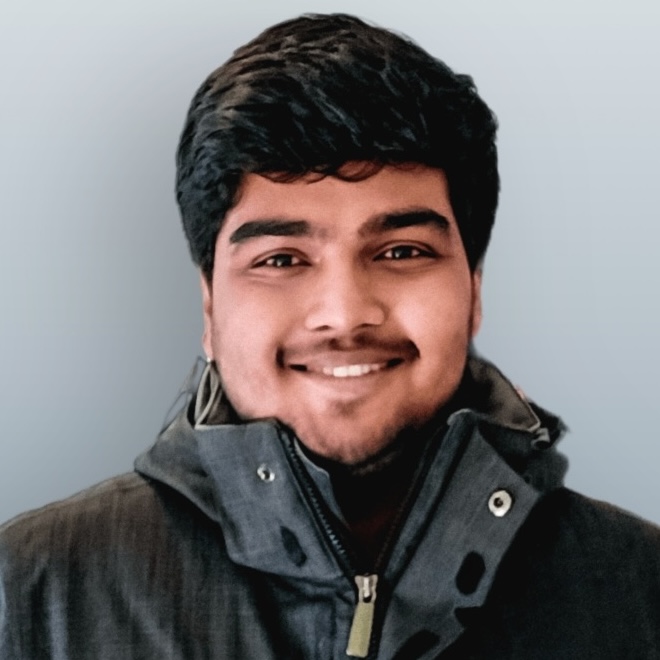

Doctoral Researcher
Amitabh Yadav
I am a second year Ph.D. Candidate at the **Integrated Neurotechnologies Laboratory** working under the supervision of Prof. Mahsa Shoaran at **École Polytechnique Fédérale de Lausanne (EPFL)**. My research focuses on designing low-power digital/mixed-signal integrated circuits for closed-loop brain-computer interfaces, and their in-vitro/in-vivo characterisation for diagnosis and treatment of neurological disorders.
In my free time, I like to develop robotics+AI systems. To enable a decentralised robotics development, I’m currently building Exascale, a platform for pracitically exploring systems design and catered to gaining performance at scale (details to come soon).
Beyond academics, I enjoy ethical hacking, 3D modeling, and learning to play the piano. I’m also passionate about reading, running, swimming, hiking, and exploring nature and historical cities.
A quirky fact about me — I once built a personal tool to track my reading habits, which eventually grew into a non-profit (startup?), [Flora](https://readflora.com). Check out my [My Reading Stats](https://readflora.com/user/amitabh) made with Flora.
Research Interests
Low-Power Digital Design·Mixed-Signal Circuits·AI Accelerators·Hardware-Software Co-Design·Deep Learning
News
Feb 2026I will be attending the ISSCC 2026 Conference in San Francisco.